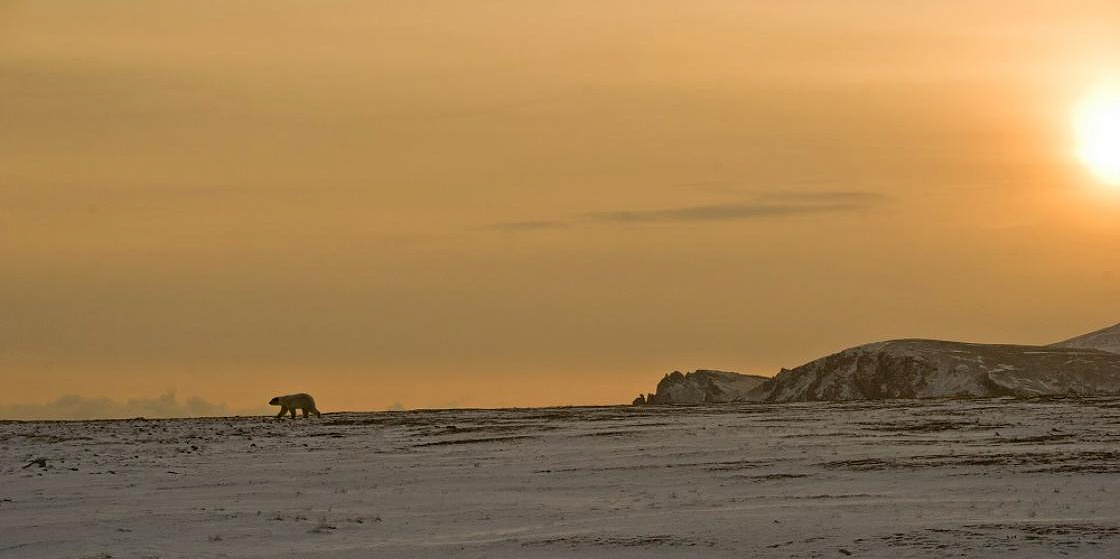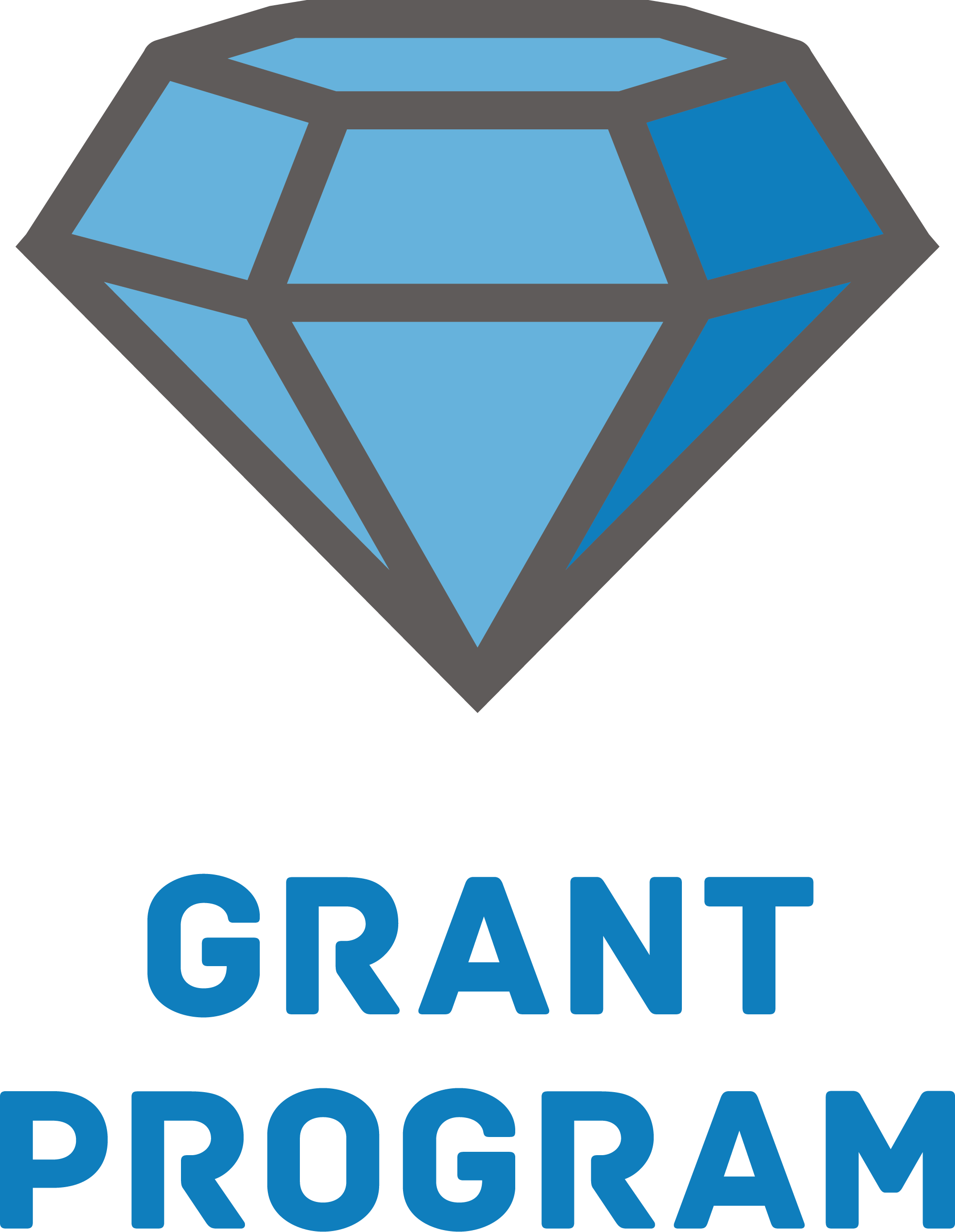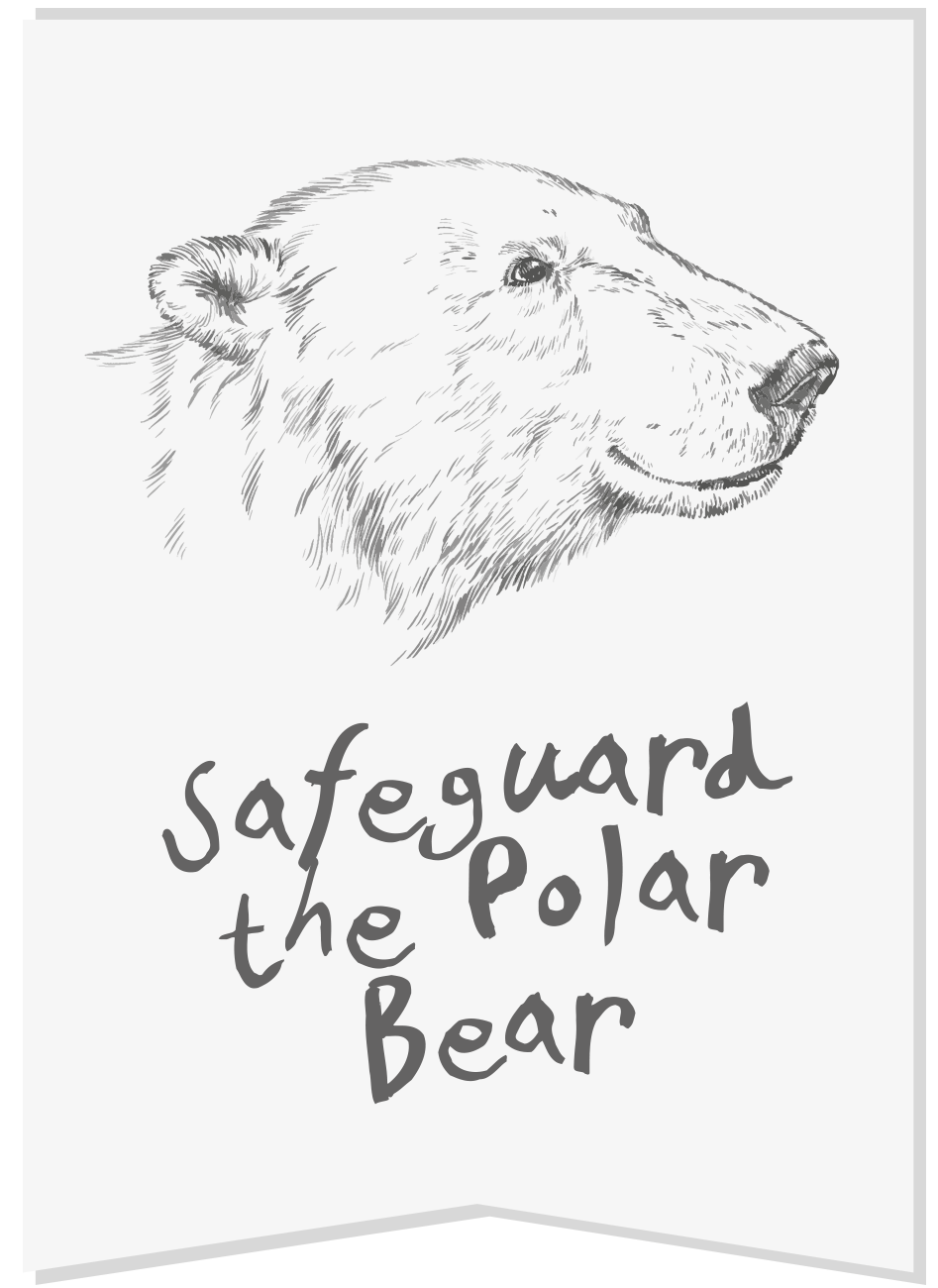
Photo: Shtrick Vadim/GeoPhoto.ru
Arctic Hectare: A New Start for the Russian Arctic
Arctic Hectare, a recently launched land distribution program for the Russian Arctic, appears to yield promising results.
According to Alexei Chekunkov, Minister for the Russian Arctic and Far East, more than 2 thousand Russian nationals have already applied for a land plot in high latitudes.
Murmansk Oblast has a head start with more than half of all applications filed there. The second largest number of applications have been registered by Arkhangelsk regional authorities, with Yamal ranking third in this virtual “competition”. Most of those who have applied for land plots intend to either build a house or start a small business there.
The program, which is widely seen as key to resetting the development pattern of Russia’s High North, attracts a huge deal of attention in Russia -- both in its Arctic regions and beyond. Why?
There are some good reasons for that. First and foremost, the program is about granting access to land, perhaps the most valuable tangible asset in the present-day world. For Russia, a country with a troubled history that saw wars, revolutions and massive expropriations in the XX century, a giveaway of free hectares, in a way, looks like a reversal of historical fortunes.
The new land owners are expected to invest their time, money and creativity into making those, once barren, lands their home -- and, eventually, give a start to new businesses and market niches.
While betting on individualism and private initiative, the Russian state still has an important role to play in this undertaking. It will have to invest into vital infrastructure -- roads, power lines, water supply -- to help increase the added value that can be generated from this program. Launching big government-funded infrastructure projects in the respective regions will be a next step in this direction.
It still remains to be seen how the program performs. However, the start was definitely a good one.
According to Alexei Chekunkov, Minister for the Russian Arctic and Far East, more than 2 thousand Russian nationals have already applied for a land plot in high latitudes.
Murmansk Oblast has a head start with more than half of all applications filed there. The second largest number of applications have been registered by Arkhangelsk regional authorities, with Yamal ranking third in this virtual “competition”. Most of those who have applied for land plots intend to either build a house or start a small business there.
The program, which is widely seen as key to resetting the development pattern of Russia’s High North, attracts a huge deal of attention in Russia -- both in its Arctic regions and beyond. Why?
There are some good reasons for that. First and foremost, the program is about granting access to land, perhaps the most valuable tangible asset in the present-day world. For Russia, a country with a troubled history that saw wars, revolutions and massive expropriations in the XX century, a giveaway of free hectares, in a way, looks like a reversal of historical fortunes.
The new land owners are expected to invest their time, money and creativity into making those, once barren, lands their home -- and, eventually, give a start to new businesses and market niches.
While betting on individualism and private initiative, the Russian state still has an important role to play in this undertaking. It will have to invest into vital infrastructure -- roads, power lines, water supply -- to help increase the added value that can be generated from this program. Launching big government-funded infrastructure projects in the respective regions will be a next step in this direction.
It still remains to be seen how the program performs. However, the start was definitely a good one.
23 August 2021




